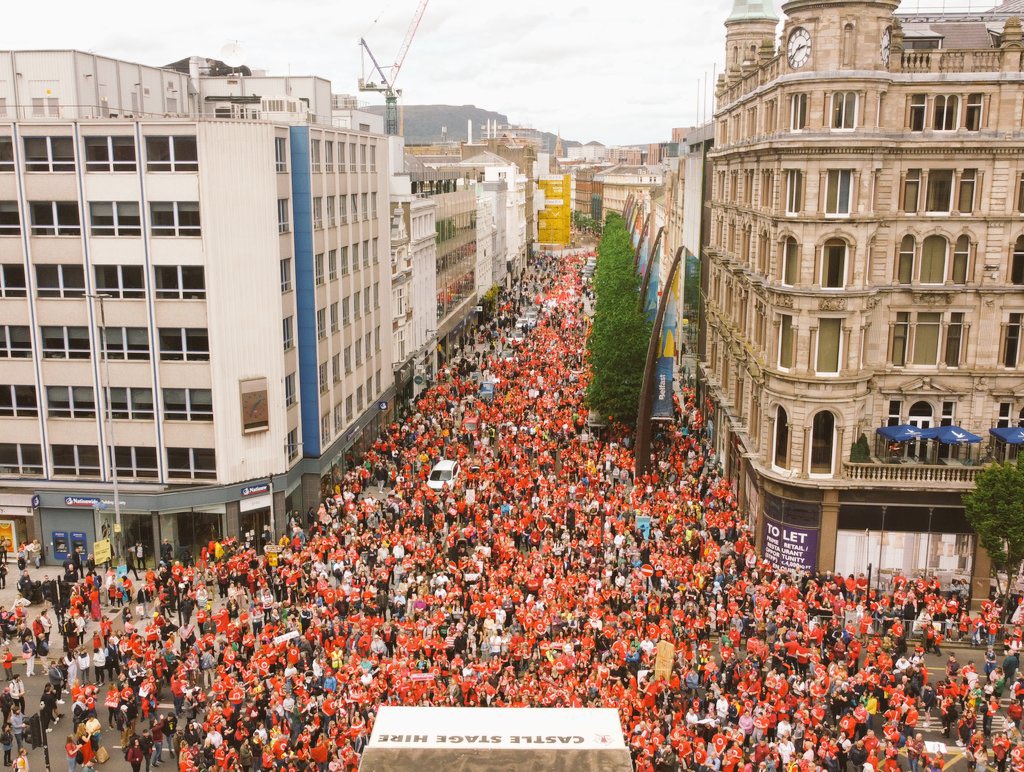Collaborative Conference on ‘Decolonisation: Language, Culture, and Community’
Call for papers for the symposium we are facilitating in collaboration with Roinn na Gaeilge at Queen’s University Belfast

The consequences of colonialism in today’s society have been subject to renewed scrutiny in both the media and academic institutions in recent years. This has sparked meaningful debates regarding structural racism, the persistence of cultural imperialism, and how to decolonise school and university curricula. The influence of these debates is clear from the recent decision by Trinity College, Dublin to return skulls taken without permission from Inis Bó Finne island in 1890.

This reflective process draws upon the perspective of the Maori academic, Tuhawai Smith, who said:
‘Decolonisation, once viewed as the formal process of handing over instruments of government, is now recognised as the long-term process involving the bureaucratic, cultural, linguistic and psychological divesting of colonial power’.

However, the Irish language, the cultural revival, and the vibrancy of community linguistic reclamation in Ireland have been largely overlooked to date in these welcome considerations of colonialism’s long reach.

This symposium offers an opportunity to celebrate the remarkable work over the past hundred years of language and community activists, students, historians, and artists in their efforts towards linguistic, social, political, economic, and cultural decolonisation.
These individuals practise what Tuhuwai Smith refers to as the ‘critical pedagogy of decolonisation’, an approach that creates spaces for ‘alternative histories and alternative knowledges [… that] can form the basis of alternative ways of doing things’.
This innovative symposium will create space to assess the influence of activism and of emancipatory resistance in the face of colonialism.
What insights can a minoritized language community offer to mainstream society? What is the significance of minority languages in the decolonial project? How do marginalised communities organise and mobilise under the shadow of colonialism? What can be learnt from other marginalised cultures and groups across the world? How can alternative decolonial philosophies and ideologies shape a brighter and more humane society? As Tuhawai Smith explains: ‘Reclaiming a voice in this context has also been about reclaiming, reconnecting and reordering those ways of knowing which were submerged, hidden or driven underground’.

We invite researchers, artists, language/community activists, students and community groups to give presentations (around 15-20 minutes) on these questions. Presentations are welcome in all and any forms, including through film, performance, written papers, creative writing etc.
Themes to include (but not confined to):
– Postcolonial criticism and literature/music in Irish
– The influence of postcolonial critics on Irish-language criticism (Fanon, Césaire, Said, Spivak etc.)
– Neocolonialism and the case of the Gaeltacht
– Decolonisation, language planning, community regeneration, the urban Gaeltacht/the neo-Gaeltacht
– Community activism past and present
– Festivals, drama, murals, and art as decolonial practice
– Decolonisation in the context of the education system
– Decolonisation in museums and the academy
– Decolonial feminism and the struggle for women’s rights
– Decolonisation, climate change and the ecological revolution
– Resistance among political prisoners as decolonial practice
– Neocolonialism and race, class, sexuality and inequality
– Human rights and the decolonial project
To apply: send title and abstract (150 words) of proposed paper to s.aiken@qub.ac.uk and orla@glornamona.com before 6 April 2023.
A number of travel bursaries will be available for student participants. Abstracts and presentations will be accepted in Irish and English.
The symposium will take place at 10am on Friday 5th May 2023 in St Comgall’s on the Falls Road Belfast, bígí linn! Register to attend the event here








